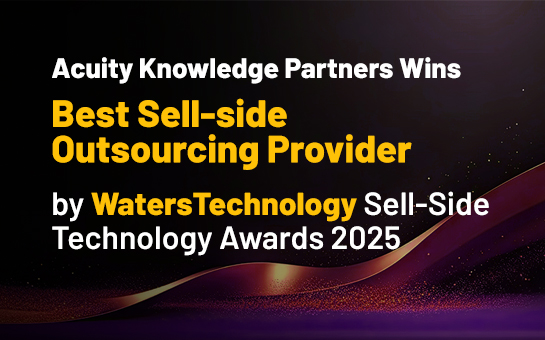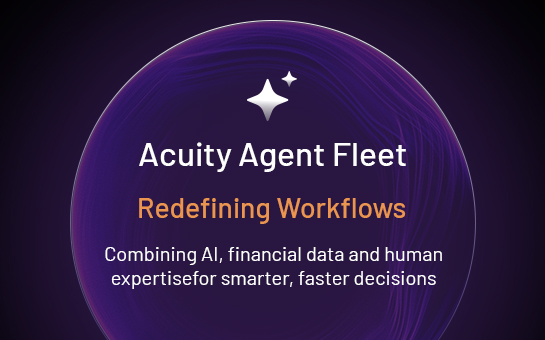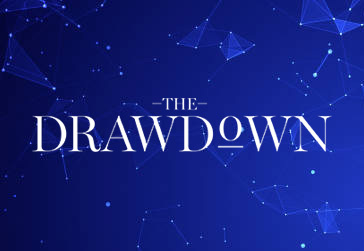Focus on Emerging Philanthropy: What does it stand for?
Interview
Rishi Khosla
Although philanthropy in India is undergoing a boom, there is little evidence of what effect this is having. In order to begin to remedy this, New Philanthropy Capital (NPC) and India based organization Copal Partners began an investigation into Indian non-profits last year, working in Delhi and Rajasthan. The research found, largely as expected, that thoughtful giving, and the research to inform that giving, were the exception rather than the rule. Why is this and what is to be done? Alliance talked to Rishi Khosla, founder and CEO of Copal Partners, about the research and how the partnership between the two organizations hopes to build on this initial effort to try to change this general outlook.
“You use the term giving, I use the term investing. My return is the social return, the good that the initiative is doing”
The Importance of leverage
Why was Rishi Khosla amenable to the NPC approach? “It was really a question of how I can leverage the skill sets that I believe I personally have, as well as those of my organization, to benefit the community. NPC’s model has the term that I love using, which is “leverage.” To put it in monetary terms, ‘if investing a dollar in one company can give you a return of three but the next one can only give you a return of one, it’s better to go to the one that will give you a return of three. This will help the charities that have that exponential effect get increasing amounts of funding by getting them more exposure.’
However, he says, the NPC approach is an alien one in India where ‘very few charities are used to that level of transparency and therefore disclosure…so I think we went through a very steep learning process.’ Did this mean that very few of the charities they looked at actually measured what they did? On the whole, yes – though ‘we were pleasantly surprised to find a good handful of groups that have been measuring their effectiveness and tracking what happens to the people that they’re assisting.’ On the other hand, there were ‘some larger mid – sized charities where you have no disclosure and you have practices that are questionable.’
Focus on early childhood development
Given the scale of need in India, the team might have chosen any number of thematic areas to study. In fact, says Khosla, they considered several – ‘water, sanitation, health, power’ – before deciding on early childhood development. Research suggests, he says, that developments between birth and the age of five or six are crucial to many aspects of a person’s later life. ‘We thought that early childhood development was a very wide net – it captures the health aspects, the educational aspects, the social aspects – so that’s where we chose to start.’
And what kind of groups had they studied? While they hadn’t looked at charities whose sole aim is advocacy. ‘we have looked at, researched and recommended charities that started with providing services and then moved to having an advocacy arm and have affected change at a state level, which clearly again has leverage as a concept. ‘This, he says, is a unique approach for India. “The traditional domestic Indian donor funds the set –up of a hospital or a school and I think this particular age group is significantly neglected.’
Lack of research and information
Going back to his point about leverage, he admits that ‘very, very few people think like that’. While people value research…they’re not necessarily willing to pay for it, but I think the impact of research can be very significant’.
‘I keep on comparing it to the financial market because that’s clearly where my background is. It’s the same as if I had a hundred dollars that I wanted to put into the stock market and had 40 firms telling me where to invest that money. If I want to find out about Cadbury, General Electric or Microsoft, they’ll give me as much product as I want to read to learn about those companies…it’s this sort of information that helps a market work efficiently. The third sector doesn’t work efficiently because it’s very opaque and there isn’t transparent information flow… and it’s really this gap that NPC is trying to service.’
‘Our view is that by continuing to write good research that provides this insight, we should change donors’ perspectives on the need for this type of analysis.’
A question of approach: giving or investing?
‘For a lot of people, ‘he concedes, ‘the act of having written the cheque is the act of having done something good, and that’s it.’ He, on the other hand, sees himself as an entrepreneur: ‘I built a business; it’s what I do. You use the term giving, I use the term investing. My return is the social return, the good that the initiative is doing. What we need to be bringing is not just capital, but also our knowledge, our ability to work with the organization and add value and improve performance – and performance is not monetary outcome. It’s the increased social effect. I’m a massive subscriber to that model, but it doesn’t work for everyone because people can’t give time.’
However, he feels, it comes back again to information or what he describes as ‘utility,’ which would allow people who didn’t have the time to make informed judgements about their giving. ‘There isn’t utility in the industry to help inform those judgements. So if I was someone who had never been introduced to the third sector and I decided I had a hundred dollars to donate, I’d probable give it to the first person who came to me. Or one of the major charities.’
Getting the message across
Having identified the problem and one of the principal causes, what will the collaborative team do about it? ‘The research is being sent out to our relationship base, to people who have made it known that they have an interest…I think it’s really a process of them seeing our work and appreciating the insights that the work brings.’ As a result of the project so far, he says, ‘we’ve already had donors donate into charities that we’ve recommended, and obviously one of our functions is tracking performance of those charities.’
So the research will continue, he says: ‘I think that our view is that by continuing to write good research that provides this insight, we should change donors, perspectives on the need for this type of analysis.’
As to what area the focus will switch to, a number are up for consideration, he says: ‘Things like social issues for women and water sanitation – those are just a couple. The palette is large at the moment and we don’t have a firm view, so I’d prefer not to narrow them down.’
Climate change versus economic growth
One issue which is not taken seriously enough in India is climate change, he believes. ‘It’s like any developing nation – you have the growth imperative, which is perceived to be of more importance than the environmental imperative, so the view is that you don’t have the luxury of being able to worry about the environment, and that’s short – sighted.’ To demonstrate this, the only private donor supporting climate change work he could think of was Uday Khemka – ‘he’s the only one that comes into my mind.’
Donors and social change
As noted, the traditional Indian donor is not generally an advocacy funder but, feels Khosla, there is definitely a role for donors in supporting social change: ‘The challenge I think for a donor is that it becomes very political because effectively you are going up against the regime or the party…But I absolutely believe this is an area that is as important as any other, especially in certain countries.’ Is Indi one of them? ‘Yes.’ But so, he adds, is the UK.
RISHI KHOSLA
Rishi Khosla was educated in the UK and studied at LSE and University College London. Having previously worked for ABN Amro and GE Capital, he set up his own business, Copal Partners, with LSE classmate Joel Perlman in 2002, in order to provide research to global companies out of India. He is a trustee of New Philanthropy Capital and on the board of TIE UK, a charity that promotes entrepreneurship.
For more information
Contact Rishi Khosla through information@copalpartners.com or visit www.copalpartners.com





